In conversation with a Pakistani girl working at Twitter.com
We interviewed the Pakistani girl who appealed to social media for an Indian visa to attend her best friend’s...
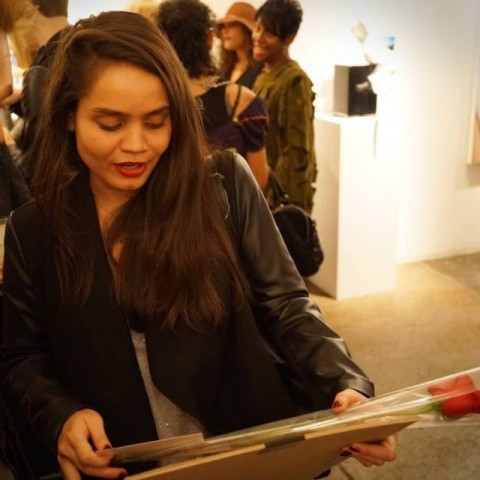
PHOTO: FACEBOOK
Journalism has gone through a major overhaul in the past couple of years. More people get their news via social media platforms than by reading the morning paper, memes have become an acceptable form of social commentary and smartphones have given everyone a level playing field to document and distribute information. Pakistani journalist Sarah Munir, who has hands-on experience of working in newsrooms at some of the biggest tech leaders in the world such as Facebook and Twitter, understands the intersection of technology and journalism quite well.
“Good storytelling is universal, regardless of where you are and what medium you are using,” Munir says when asked about how a newsroom at a tech giant differs from traditional newsrooms. You still need to make sure your sources are authentic, the facts are accurate and the story is packaged in a way that is interesting to a diverse group of audience, she elaborates. However, because social media has become the floodgate through which news enters, the pressure of speed, accuracy and authenticity has multiplied exponentially. But this pressure is balanced by the predominantly young audience on these platforms, that allows you to experiment with more creative forms of storytelling, she added.
Famed as the Pakistani girl who appealed to social media for a visa to India to attend her best friend’s wedding, Munir, who graduated from the Columbia Journalism School in 2012, worked as a reporter and editor at local newsrooms including The Express Tribune and DAWN and contributed work to international outlets like VICE News, The Guardian, Al Jazeera English and Buzzfeed before moving back to New York in 2015.
Indian bride posts viral Facebook status after Pakistani friend's visa gets rejected
Unlike many young graduates, who generally abandon the profession after a few years for reasons such as dwindling pay scales, lack of growth, professionalism and security concerns among others, Munir chose to stick it through. "I think most journalists like myself are very idealistic when they start out," she said, adding that the profession is undoubtedly challenging because you are often underpaid and overworked.
She cites instances where she stepped out into the field, reporting solo with her own camera, amidst a group of male reporters and cameramen and how uncomfortable it felt initially. "Like any other profession, journalism also has its black, white and grey areas. But you only learn the difference if you are persistent enough to stick it out. No one becomes a star reporter or editor overnight, you have to work hard, find your niche and pay your dues."
For young journalists, especially women interested in working in the field, having thick skin is critical. Like most female journalists in Pakistan, Munir also recalls sexist encounters by peers and sources. "You have to constantly remind people that your interests are not defined by your gender," she said. "Sometimes, I tried being less of a girl to be taken more seriously. But I would caution younger women not to do that. You can hog celebrity trivia every night and still be a kickass court reporter during the day."
When asked why she decided to relocate, she said, “There is no shortage of good stories in Pakistan. But I wanted to work with companies who realised that journalism had changed and were looking at that change as an opportunity rather than a disadvantage," says Munir, who moved to New York without a concrete job offer, work authorisation and limited savings.
Despite having a support system in the form of some family and friends from grad school, she recounts the experience as a taxing one. "I remember how excited I was at the sight of a closet in my first apartment after living out of a suitcase and crashing with family and friends for almost a year because I couldn't afford to pay New York rents. It was a humbling moment, that reminded me of the privilege I was born in back home and how far I had come," she said.
Pakistan fourth most dangerous country in the world for journalists: report
However, she adds that Pakistani journalists are so used to working with minimal resources, that our ability to do more with less becomes our greatest strength. "A lot of international organisations tend to overlook the work you do back home, which meant I had to start from scratch in certain places." she said. "I had one editor who asked me to just check for punctuation in other reporter's copy despite me insisting that I could even fact-check while I was at it. She insisted that they didn't trust 'newcomers' with those things. It didn't matter to her that the 'newcomer' had five years of editing experience in another country."
Moreover, navigating the legal landscape of immigration can be emotionally and financially exhausting, Munir said referring to the logistical loopholes that immigrants have to jump through. But eventually the opportunity to work on news curation teams at platforms like Facebook and Twitter, and that too as the only immigrant Pakistani at their New York offices, made the entire struggle worthwhile.
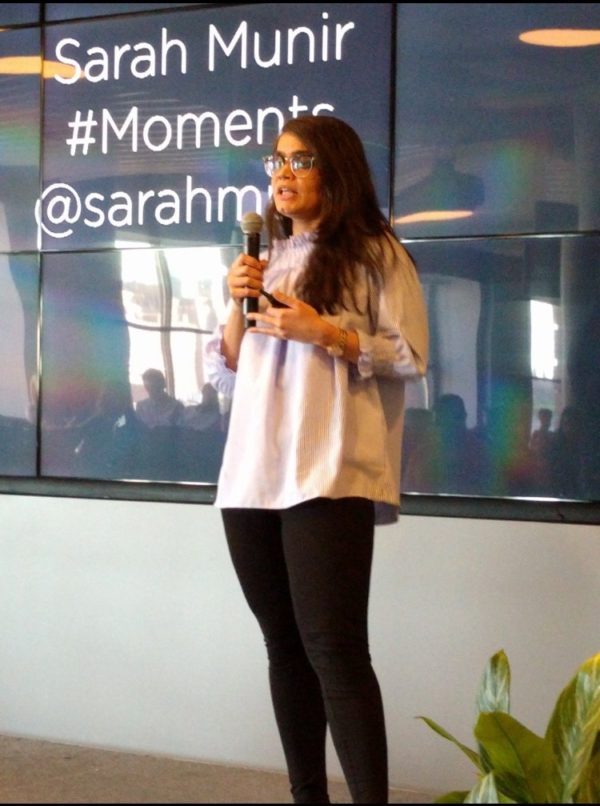
Journalists need time to fact-check news
Munir recalls being extremely nervous when she started out but that soon disappeared, thanks to some great colleagues. "As an outsider, there was obviously natural curiosity about certain things like cultural references, or why I knew so much about cricket and Bollywood, but everyone has been very welcoming otherwise," she said. "By virtue of being a Muslim immigrant woman of colour in the current political climate, I also have a unique perspective on things, and have gotten a platform at these companies to voice them and be heard."
When asked if she would make the same choice if given a second chance, she said she would do it again in a heartbeat because of the kind of work and the teams she has had a chance to be part of in the past few years. Until a few years ago, no one could have imagined that the President of the United States would say more on Twitter than in a TV interview or that broadcasters would stream live on Facebook rather than rely on networks to feature their content, but all of this is happening and it is great because it democratises the media. It gives everyone a voice, whether you agree with it or not,” she says. Munir, also feels that it adds new dimensions to journalism. Journalists now have so many different ways of telling the same story and so many platforms to do it on.

Quality journalism is essential for democracy
She also doles out advice for young journalists seeking to explore a similar path as herself, “If you are curious, keep up with the innovations and experiment continuously, this is one the most exciting times to be a journalist. Keep an open mind, question and know that there is always more than one way of doing the same thing. Try to be the ones who find them.”

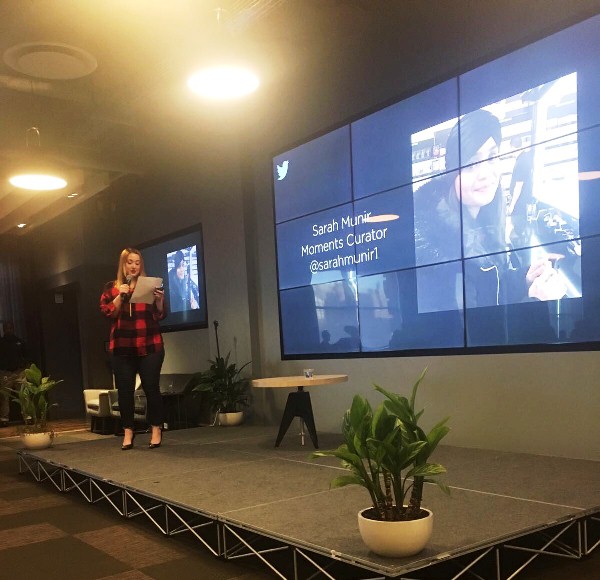

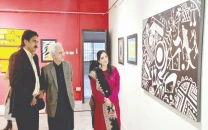


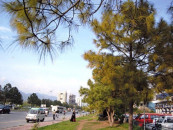













COMMENTS
Comments are moderated and generally will be posted if they are on-topic and not abusive.
For more information, please see our Comments FAQ